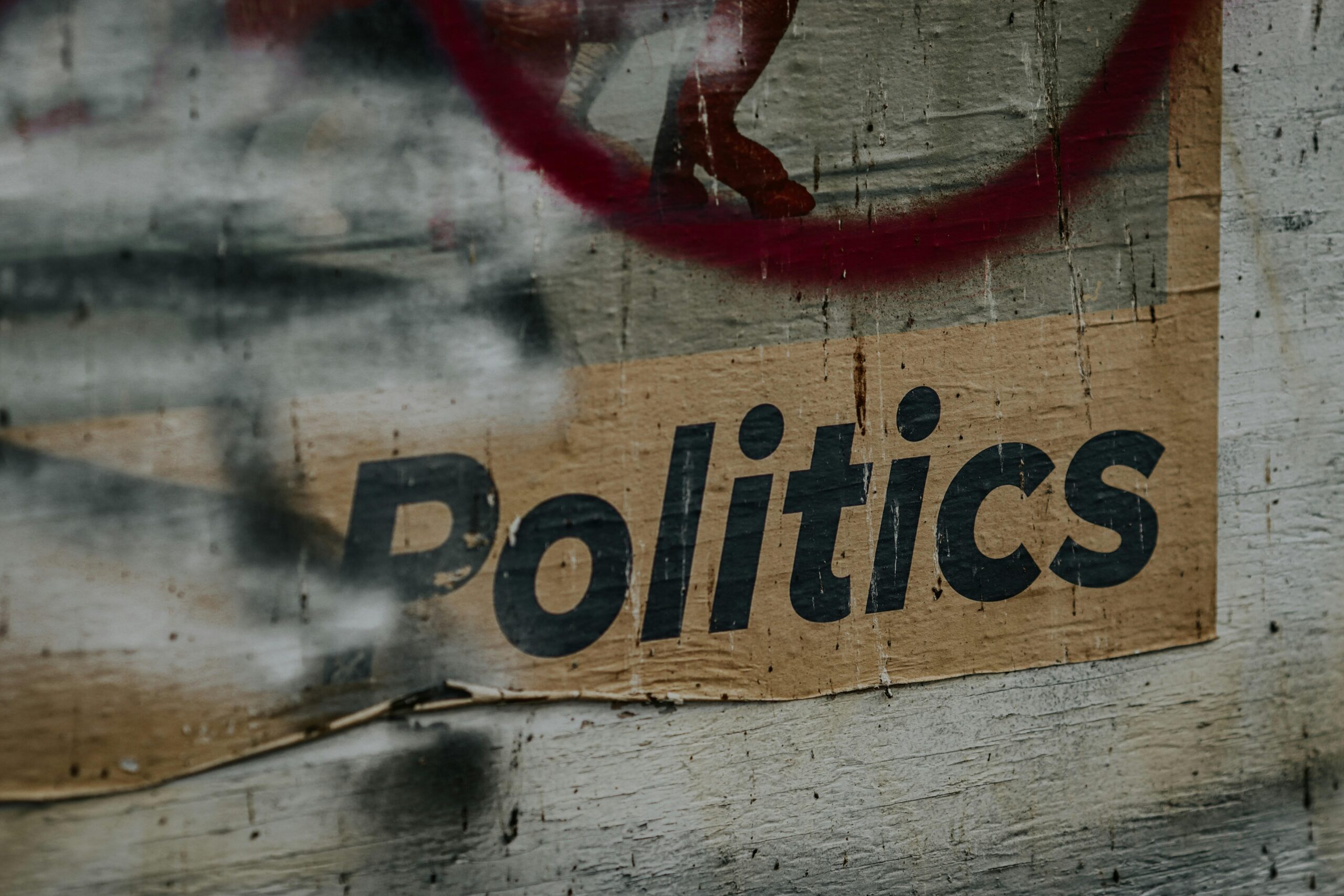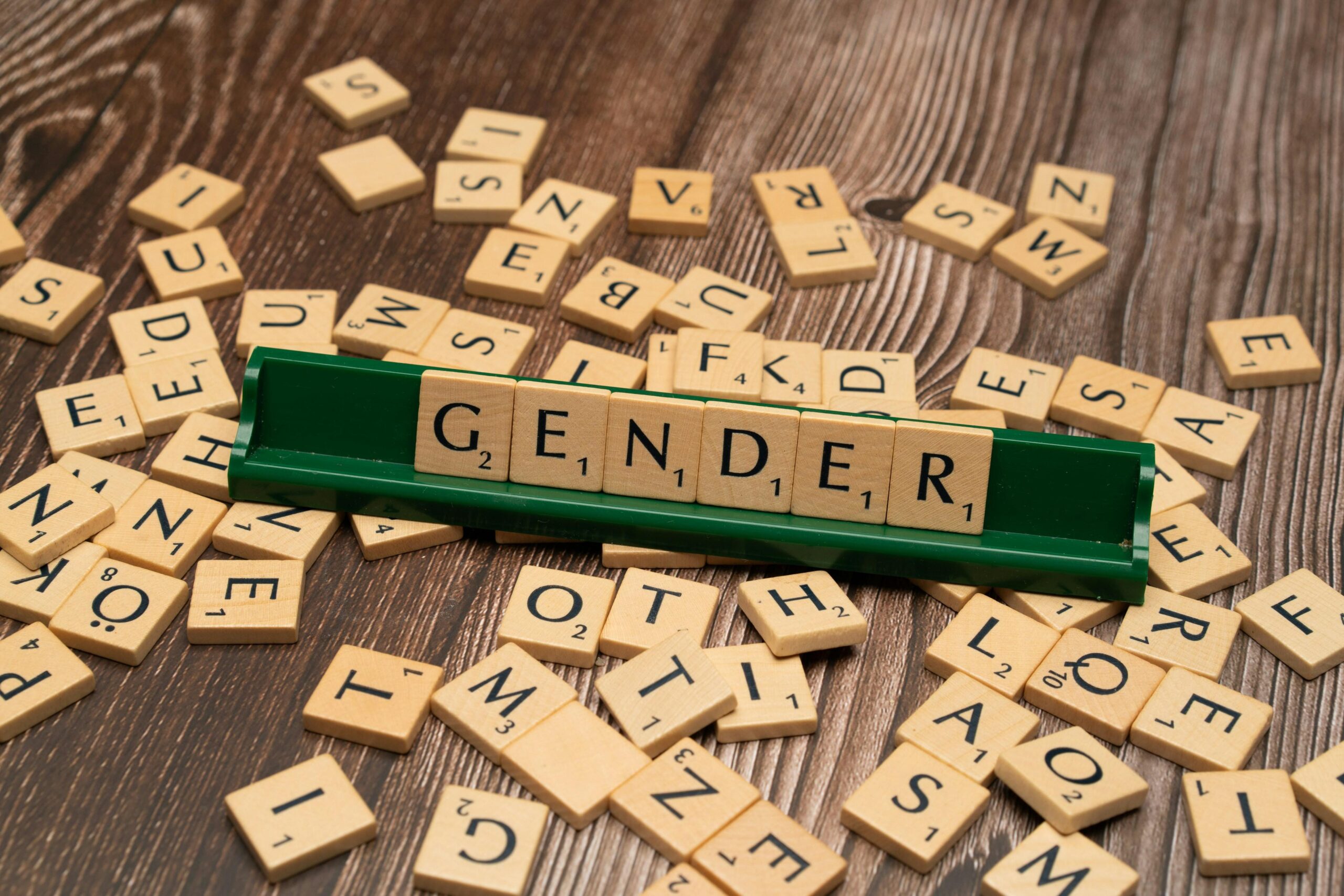When the name Joaquín “El Chapo” Guzmán comes up, it stirs up a whirlwind of images—from daring prison escapes to the sprawling drug empire he once ruled. But who is the man behind the headlines and sensational stories? In this blog post, we’ll dive into the life of one of the most notorious figures in recent history, exploring how El Chapo climbed his way to infamy, the complexities of his legacy, and the ripple effects that continue to influence the world today. Join me as we unravel the fascinating—and often baffling—story of Joaquín Guzmán.
Table of Contents
- Joaquín El Chapo Guzmán Origins and Rise to Power
- The Inner Workings of the Sinaloa Cartel Empire
- Escapes, Arrests, and International Manhunt Drama
- Lessons Learned from El Chapo’s Criminal Saga
- Insights and Conclusions
Joaquín El Chapo Guzmán Origins and Rise to Power
Emerging from the rugged mountains of Sinaloa, Mexico, Joaquín Guzmán’s early life was marked by hardship and rural simplicity. Born into a poor farming family, his ascent to infamy was anything but guaranteed. Despite limited opportunities, young Joaquín showed early signs of cunning intelligence and resilience, traits that would later become his greatest assets. By navigating the bleak economic landscape of his hometown, he soon gravitated towards the world of illicit trade, a common escape for many in the region. His early involvement in drug trafficking proved foundational as he learned the intricate mechanics of smuggling routes and the fragile alliances that govern the underworld.
Key factors that fueled his meteoric rise include:
- Strategic alliances: Collaborations with powerful cartels and the ability to maneuver through rival factions.
- Innovation in smuggling: Pioneering methods such as tunnels and sophisticated transportation networks that outsmarted law enforcement.
- Charismatic leadership: Cultivating loyalty and fear amongst his followers, enabling rapid expansion of his influence.
- Relentless ambition: A willingness to take extreme risks, fueling his domination in the global drug trade.
The Inner Workings of the Sinaloa Cartel Empire
The vast and intricate network of the Sinaloa Cartel is a testament to its strategic cunning and ruthless ambition. At its core lies a sophisticated hierarchy that blends traditional organized crime with modern business acumen, allowing the cartel to exert control over vast territories and global markets. Their operations span beyond simple drug trafficking, encompassing money laundering, arms smuggling, and even infiltration into legitimate industries. The cartel’s ability to adapt quickly to law enforcement pressure and political shifts has enabled it to remain one of the most formidable criminal enterprises in the world.
Key elements defining the cartel’s inner workings include:
- Decentralized command structure: This reduces vulnerability, as local cells operate semi-independently, responding swiftly to threats without depending on a centralized order.
- Advanced communication networks: Utilization of encrypted channels and covert couriers to evade interception by authorities.
- Corruption and alliances: Strategic bribes and partnerships with political figures and law enforcement help ensure operational security.
- Logistics expertise: Mastery over the transportation routes, including tunnels, submarines, and drones, for smuggling narcotics globally.
Escapes, Arrests, and International Manhunt Drama
Few stories capture the world’s attention like the daring escapes of Joaquín “El Chapo” Guzmán. His ability to seemingly vanish from the clutches of law enforcement before reemerging to orchestrate vast cartels is the stuff of legend. From hiding inside laundry carts to navigating elaborate underground tunnels stretching miles beneath prison walls, his escape artistry not only embarrassed authorities but also fueled a growing mythos around his persona. These audacious acts were not just about freedom; they were strategic moves in a dangerous game of cat and mouse that kept him one step ahead of capture for years.
The international manhunt that followed was equally dramatic, mobilizing agencies across borders in a relentless pursuit. Coordinated efforts among the FBI, DEA, and Mexican authorities included:
- Surveillance operations spanning multiple continents
- Undercover infiltrations into cartel networks
- High-stakes sting operations culminating in tense raids
Guzmán’s eventual arrests — often shrouded in secrecy and high tension — highlighted the extensive global collaboration required to dismantle such a powerful criminal empire. Each capture sparked media frenzy, renewed debates over security and corruption, and marked critical turning points in the war against international drug trafficking.
Lessons Learned from El Chapo’s Criminal Saga
El Chapo’s journey through the underworld offers a complex tapestry of lessons that extend far beyond his notoriety. His saga highlights the extraordinary reach and resilience of organized crime networks, revealing how deeply entrenched corruption and power dynamics can undermine legal systems. The use of high-tech tunnels and intricate escape plans exemplifies the creativity criminals employ when facing law enforcement, pointing to a need for equally innovative responses in combating such threats. Moreover, his story underscores the importance of addressing both the demand for illicit products and the socio-economic conditions that enable such empires to flourish.
Key takeaways from this saga include:
- The complexity of enforcement: Fighting organized crime requires coordination across borders and agencies, as traditional methods often fall short against globalized syndicates.
- The human element: Understanding the motivations and vulnerabilities within communities affected by cartel influence can inform more effective prevention strategies.
- Systemic reform: Combating corruption at various levels of governance is crucial for dismantling the protective shields that allow such criminal figures to thrive.
Insights and Conclusions
As we peel back the layers of Joaquín “El Chapo” Guzmán’s notorious legacy, it becomes clear that his story is as complex as it is captivating. From his rise through the ranks of Mexico’s drug trade to his daring escapes and ultimate downfall, El Chapo remains a figure who continues to fascinate and baffle. While his reign brought immense suffering, it also reshaped the landscape of organized crime in profound ways. Whether seen as a ruthless kingpin or a cunning survivor, Guzmán’s impact is undeniable—and the ripple effects of his empire will be felt for years to come. What other secrets lie beneath the surface of his legend? The story is far from over, and curiosity keeps pulling us deeper into the world of El Chapo.












